
Articles Tagged with “Mathematics”
Sort by
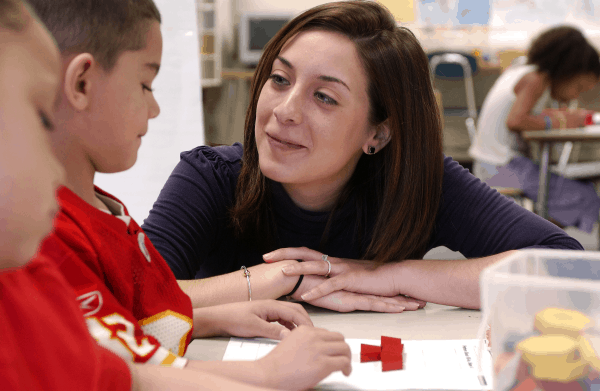
Re-Teaching Doesn’t Always Mean Repeating


Most Misunderstood Middle School Mathematics Standards In Grade 6

enVisionmath 2.0: Focusing the K-5 Mathematics Curriculum

The Role of Educators in Summative Assessment: The Life Cycle of a Question


The 3 R’s + 4 C’s = 7th Heaven (Part 2)

Three Ways You Can Improve Your Math Textbook Tomorrow

The 3 R’s + 4 C’s = 7th Heaven

5 Concerns about Inquiry-Based Learning–Answered

How to Select Math Intervention Content

The Digital Coaching Menu: Four Reasons Why You Need One

Three APPS to Support Students with Special Needs

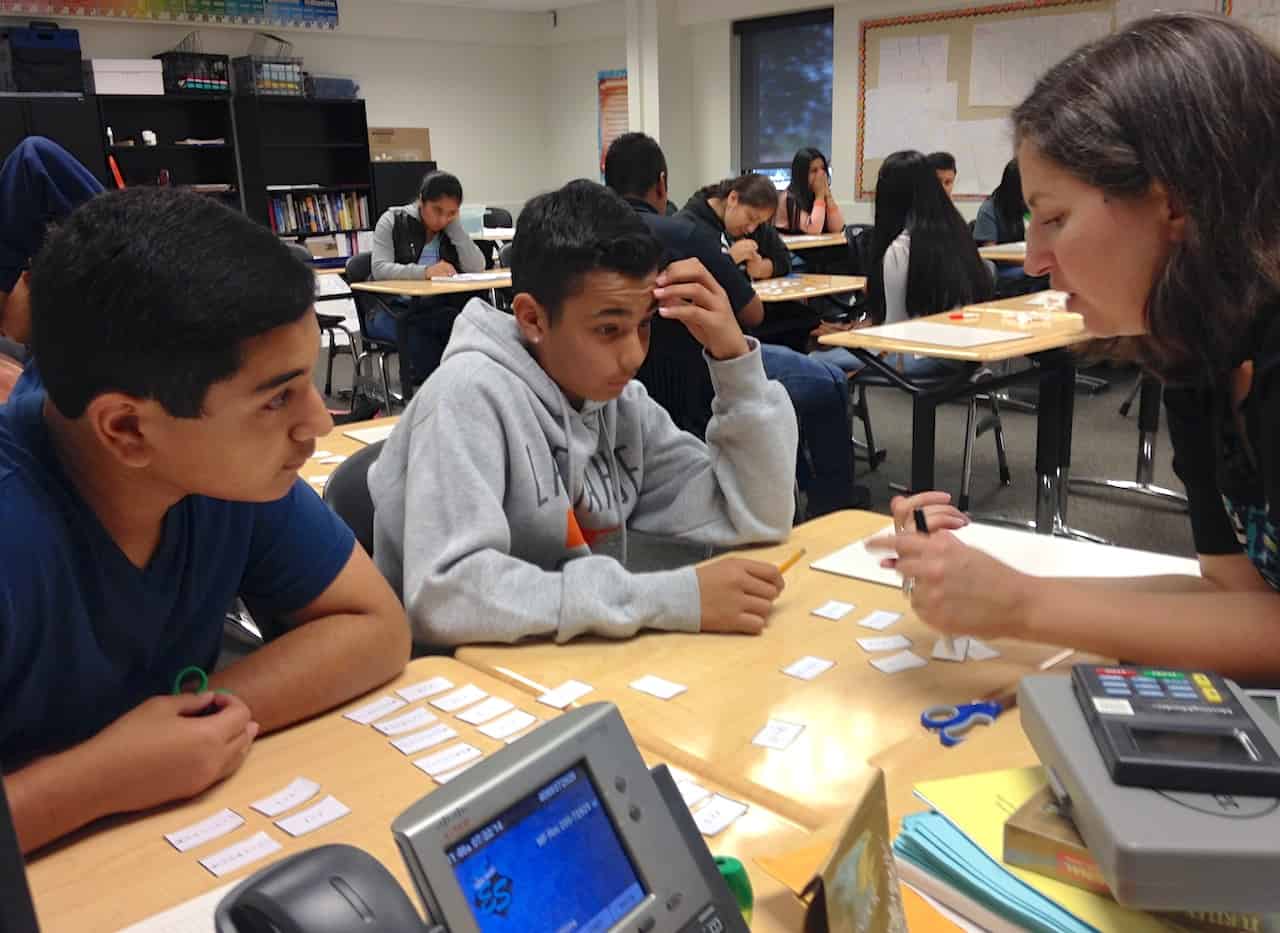
The Math Gap Between High School and College
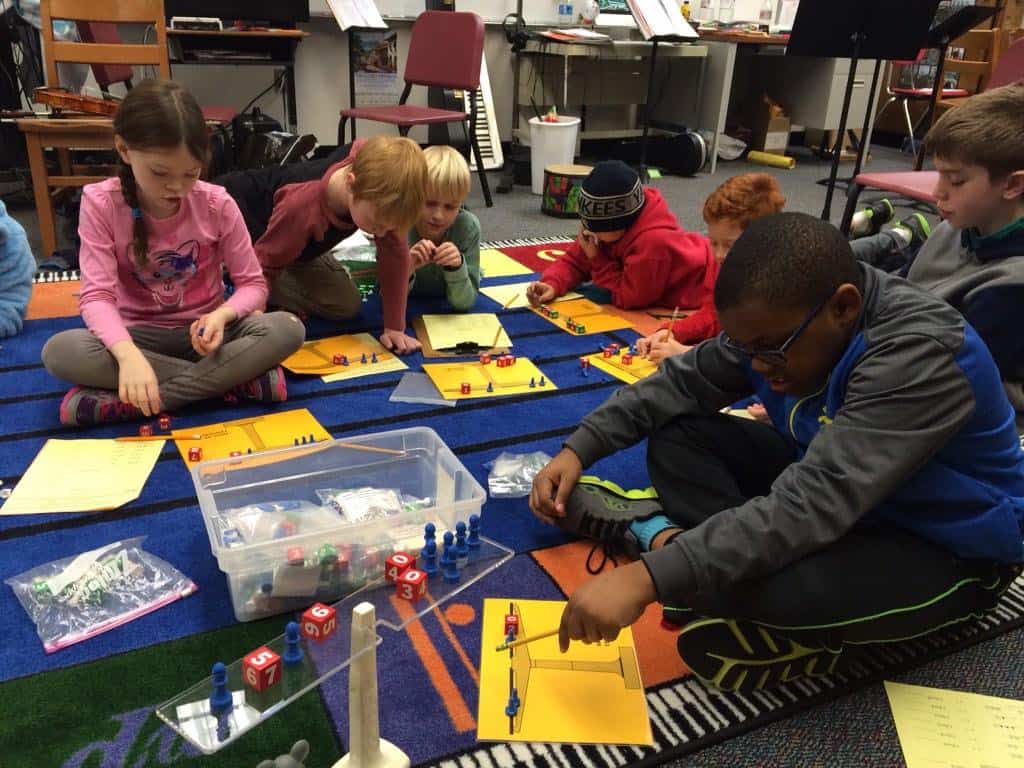
Addressing unfinished learning in the context of grade-level work

Creating Student Empowerment Through Your Garden-Variety Graphic Organizer

Emerging Effects from CCSS

A Five-Course Meal Complete with Strategies for Assessment

Designing Shifts-Aligned Interventions in the Math Classroom

Four Best Practices for the Math Classroom
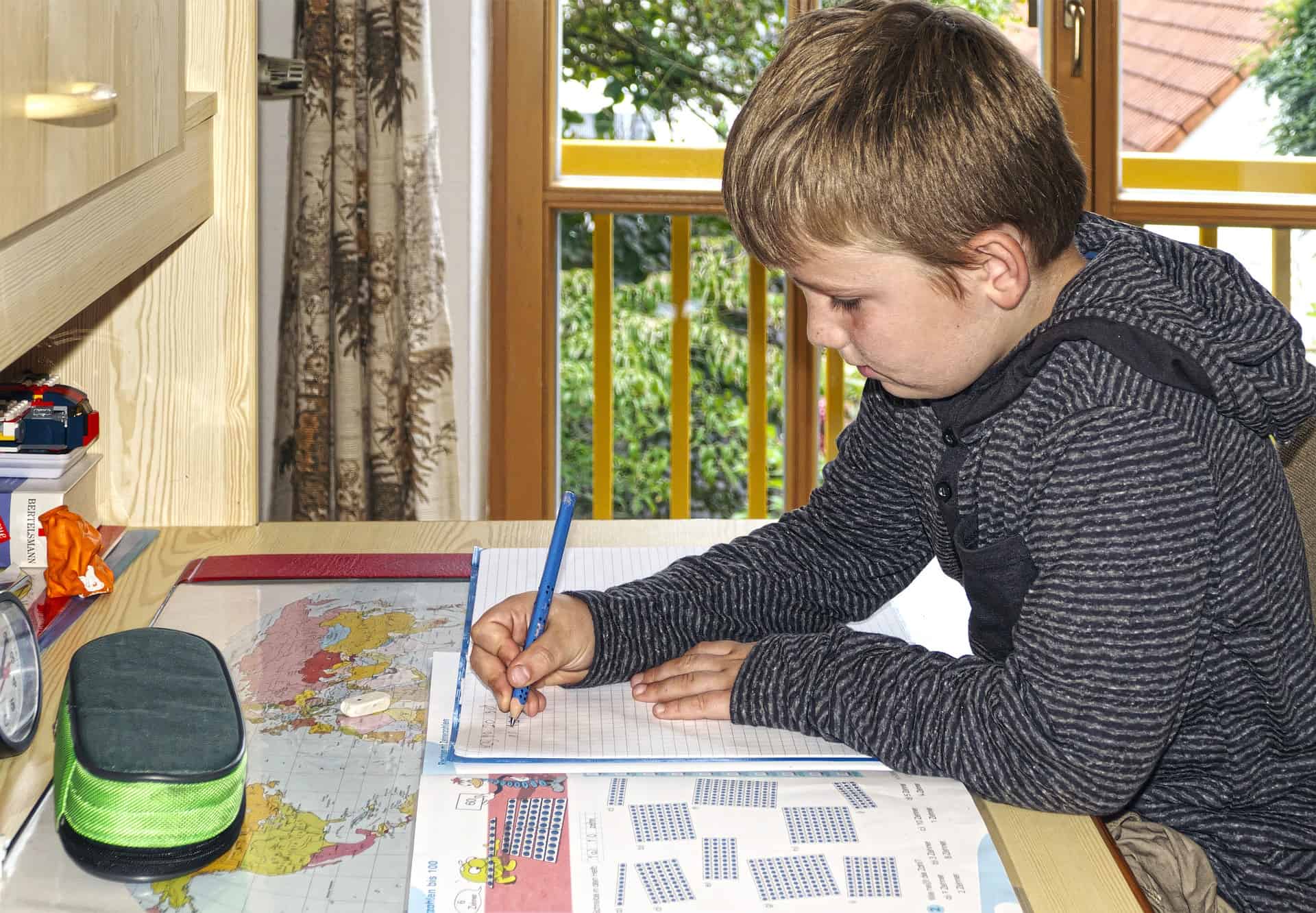
Designing Effective Homework


The Instructional Practice Toolkit: An Introduction

Creating a Feedback Culture

Unfinished Learning in Math: How Do You Address it?

Supporting Excellence: Real Support for Teachers Starts With the District’s Curriculum

Piloting the Instructional Practice Toolkit

Setting S.M.A.R.T. Goals as an Educator

State of Our Classrooms: Instructional Materials

Building Teacher Confidence through Content-Infused PD
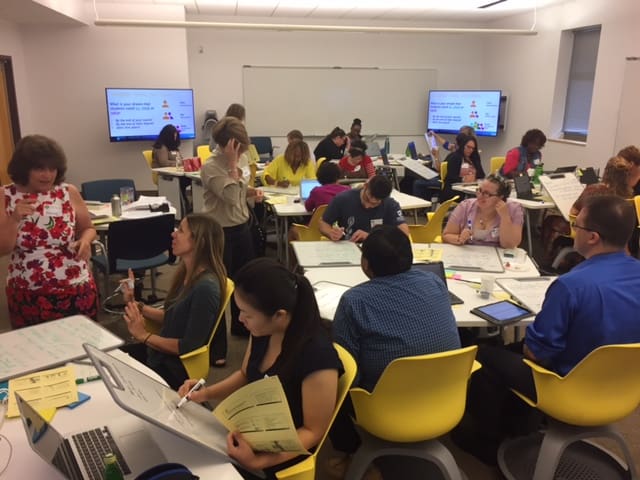
Creating Professional Learning for Eureka Math

Students JUMP at the Opportunity to Learn

Designing content-infused, year-round professional learning in math

Finding Our Way in Fluency – A School’s Journey to Strengthen Math Fluency Instruction

Lessons Learned from a High School Mathematical Modeling Lesson

Eureka Math – A View from Second Grade

“We’re the best. Just trust us!”

The Power of Strong Assessments — The Danger of Bad Ones

A Third Grade Teacher’s Perspective on Eureka Math

8 Questions About High School Math and STEM
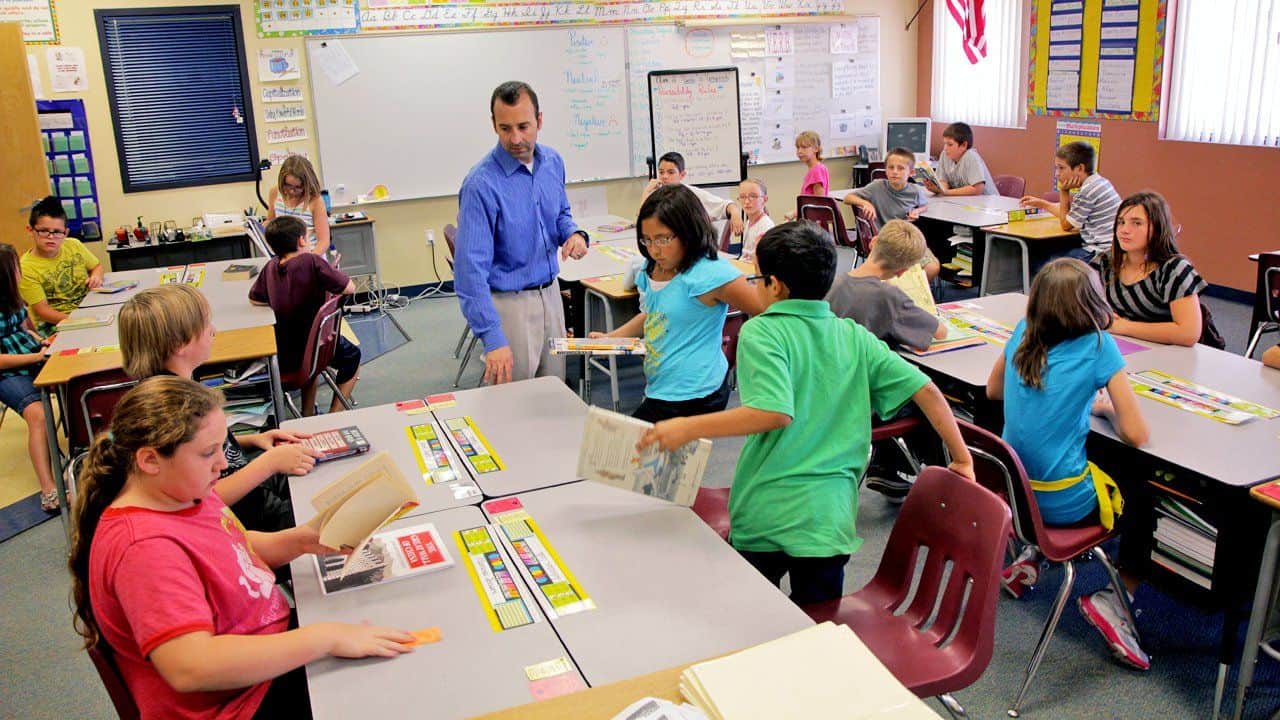

A Case for High-Quality Instructional Materials

Demonstrating Conceptual Understanding of Mathematics Using Technology

STEM Integration in Algebra: A Bridge to Opportunity

Five Places for Trusted Resource Recommendations

Empowering Primary Math Teachers

Forming a United Whole – The Coherence Map

Lessons Learned after Teaching without a Textbook

Math in Focus: The Search for an Aligned Math Program

Navigating the Spiral in Mathematics Textbooks

Using an EdReports Review to Improve My Math Curriculum

Using Mini-Assessments in a Professional Learning Setting


Pinterest: A Useful Tool for the Educator’s Toolbox

Everyday Math Kindergarten Tips

Strategies to Support Learners Who Are Below Grade Level


Getting to Know Mini-Assessments

Everyday Math: Small Routines Build Bigger Understanding

Four APPS to Redefine your Math Class

Putting Focus into Practice: The Case of Word Problems in Grades K–2

Assessment Item Alignment Modules

The Rectangle Area Formula—How Does Your Curriculum Introduce It?

Adapting Journeys Common Core

Lessons from the Fordham Assessment Review

Supporting All Learners with Complex Texts

Sitting Beside the Learner: The ‘Me’ in Assessments
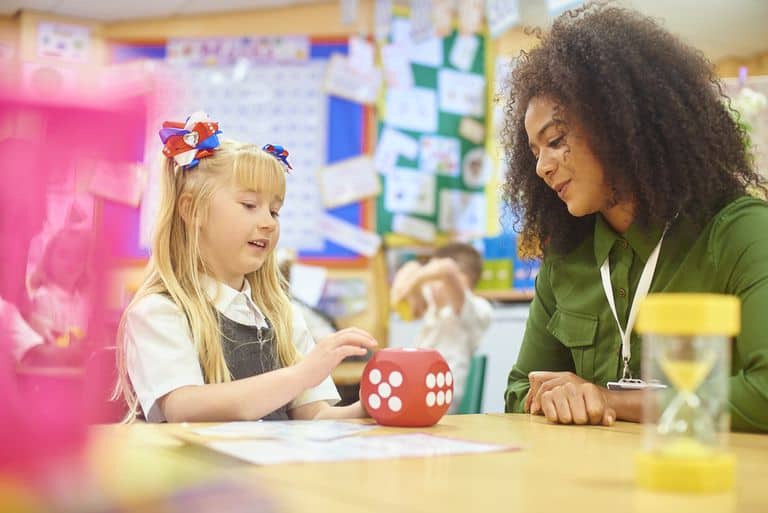

Digging Deeper into SMP 4 – Model with Mathematics

Choosing Alignment over Familiarity
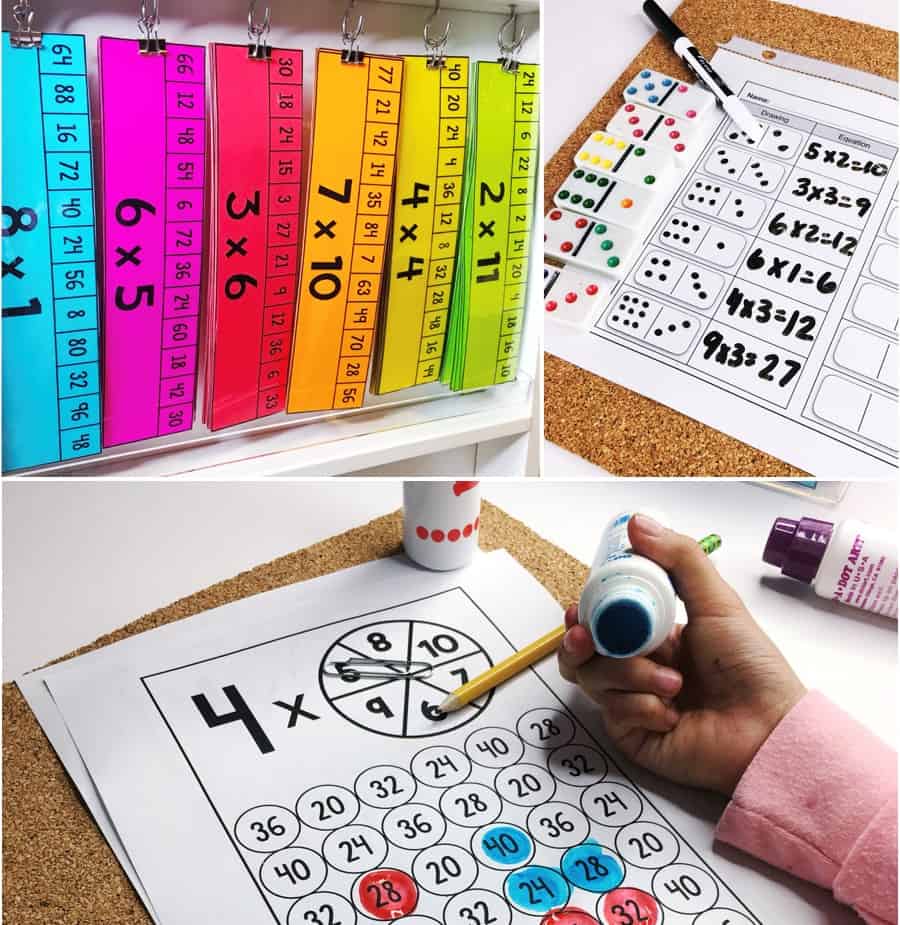
Putting the Math Practices into Practice

A Recommendation to Fellow Publishers

Digging Deeper into SMP 3 – Construct Viable Arguments and Critique the Reasoning of Others
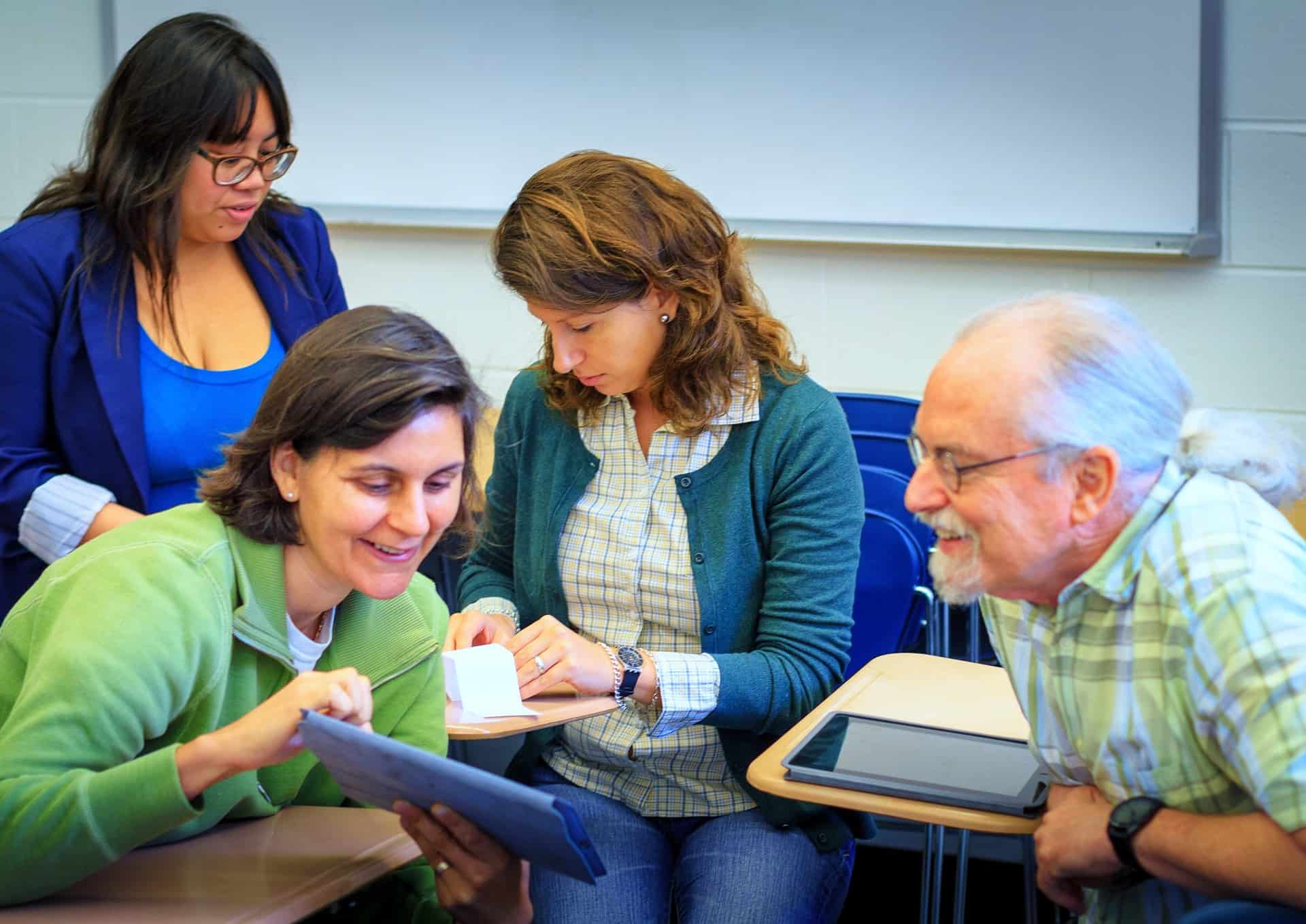
Unlocking the Power of Aligned Materials

Reason Abstractly and Quantitatively

CCSS-Aligned Materials for ELL Students
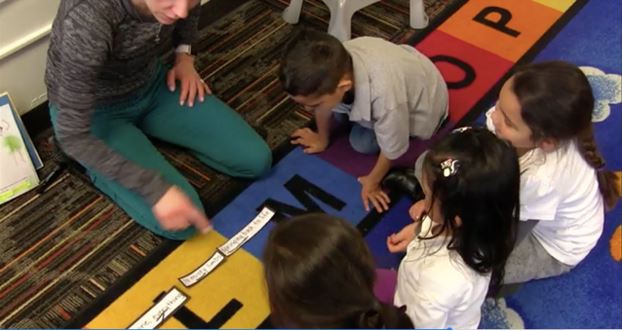
Criteria for Curricular Materials Labeled as Appropriate for ELLs
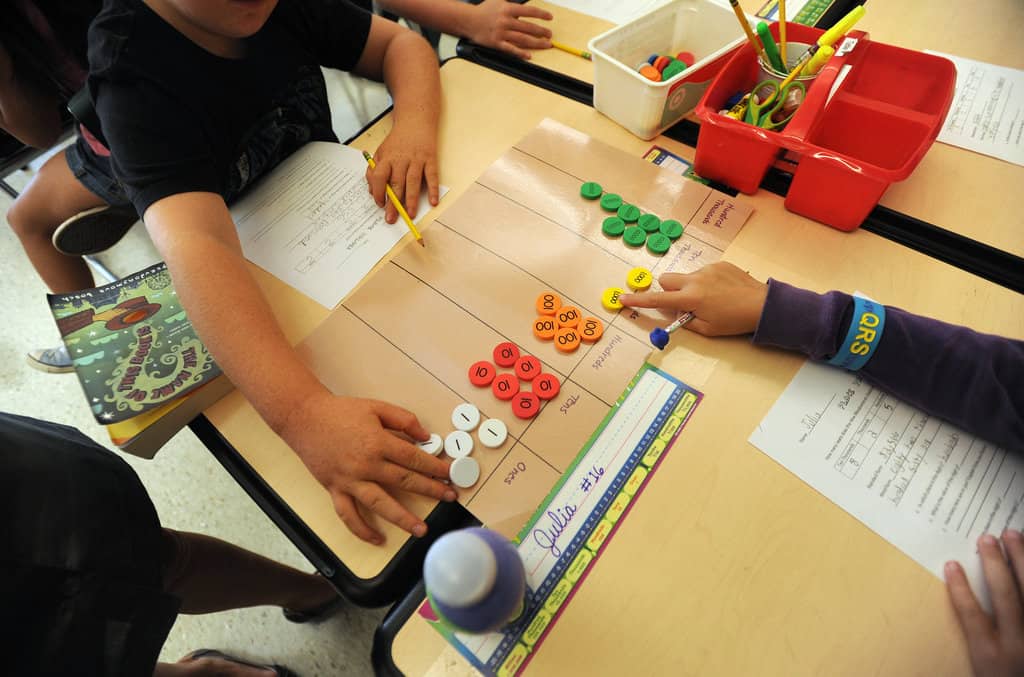
Essential Knowledge for Adapting Math Instructional Materials

Supplementing Your Anchor Math Curriculum with Rich Tasks

Mathematical Knowledge for Teaching
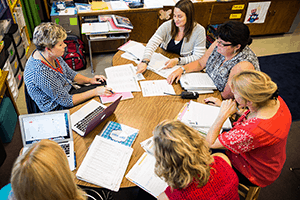
Creating a Conducive Environment for Teachers to Adapt Materials

A More Powerful Teacher’s Guide
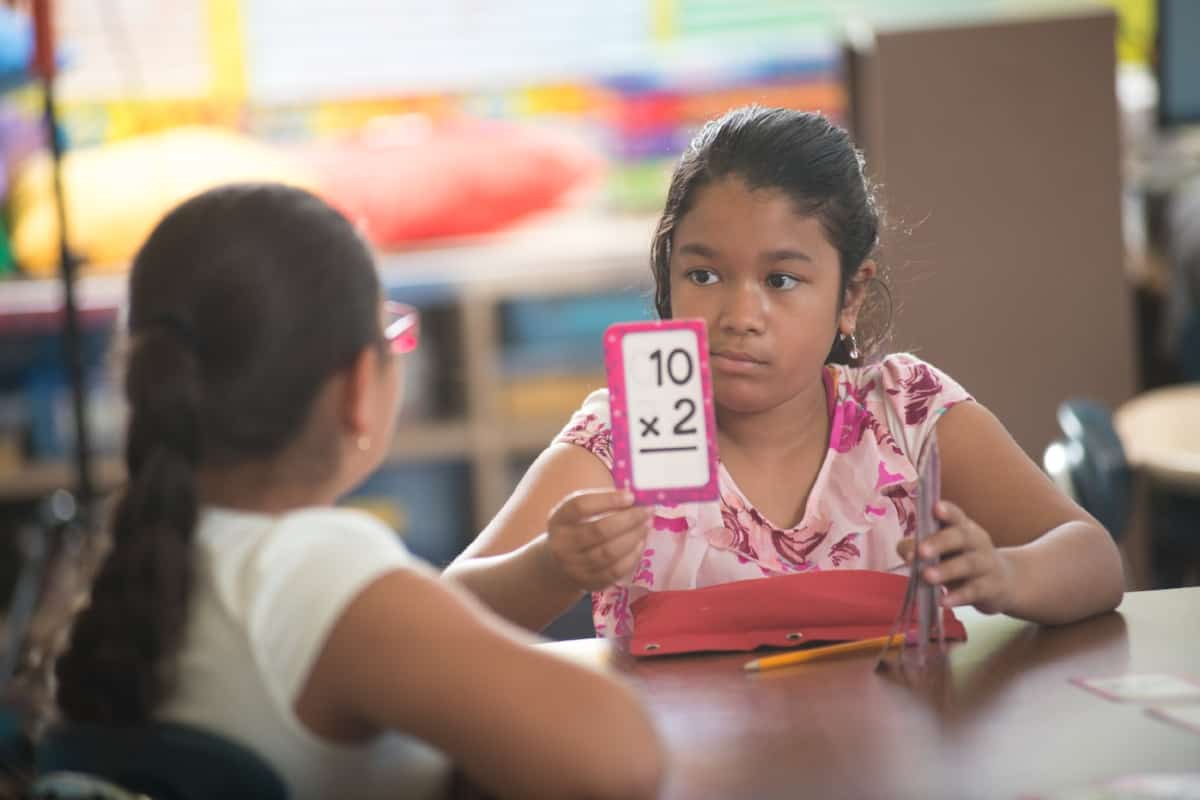
Using Flashcards in Math

Why We’re Choosing Instructional Materials Blindly
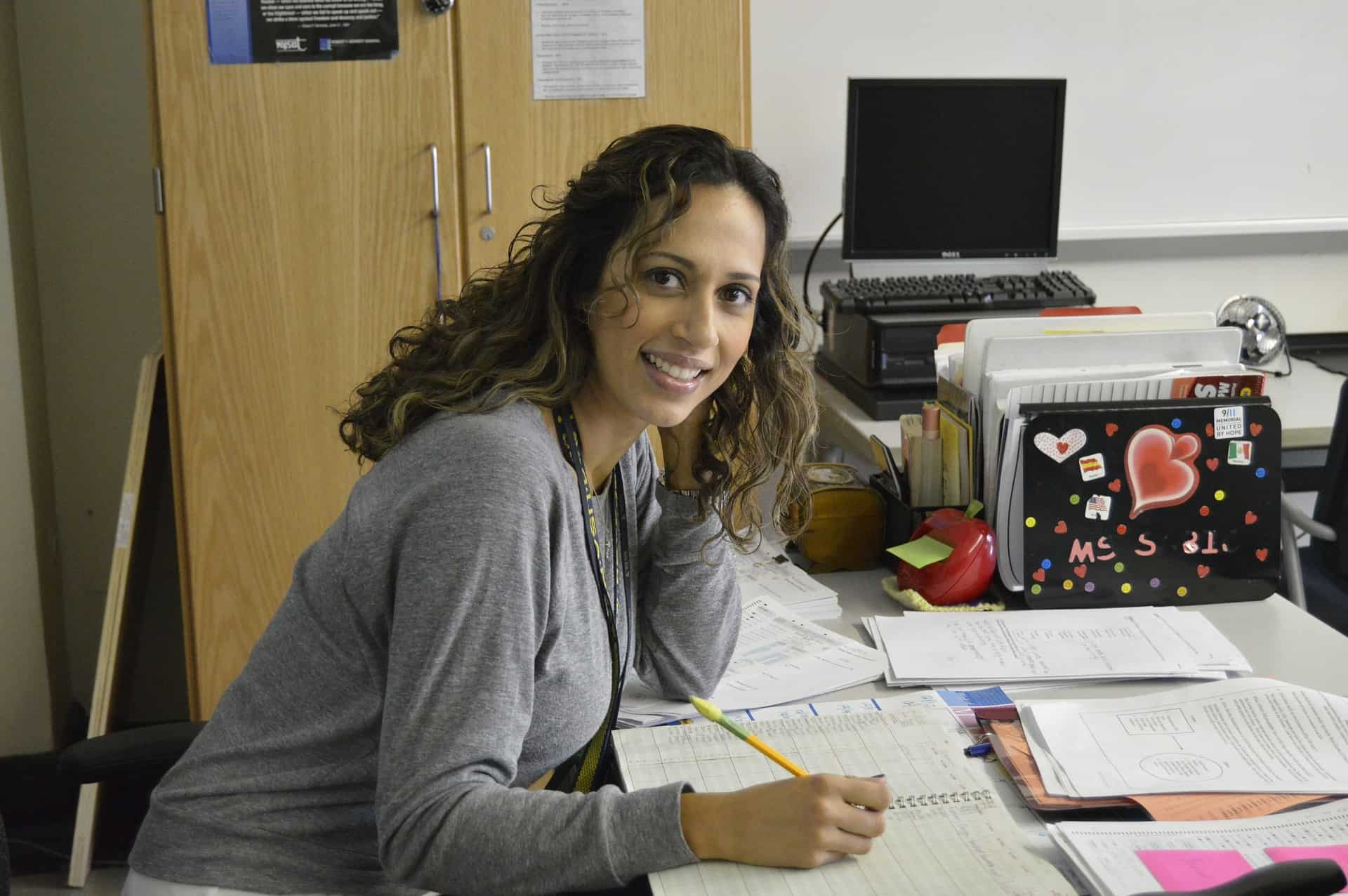
Decision-Making that Matters: 10 Ways Teachers Can Impact Curricular Decisions

Top Five Ways to Make the Most of Your Math Materials

Training Materials for the Math IMET

Creating Full-Course Open Educational Resources (OER)















